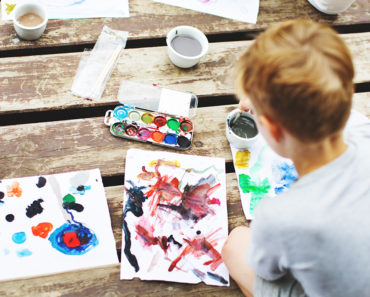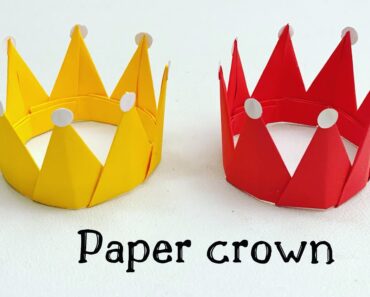Is your kid afraid of needles—and it’s time for a vaccination? There are specific things parents can do to reduce kids’ distress from an impending needle.
It’s a tough thing when your child hates getting needles. You know it needs to happen, but you also know that a major freak-out is highly likely. But did you know that parents play a huge role in how kids cope with pain from shots? Studies show that there are things parents can do to noticeably reduce their kid’s pain and distress.
One study, which was conducted by researchers at York University and published in the journal Pain, followed 760 children through their vaccines in their first year of life, and then again at preschool. “We were not only looking at them but looking at their parents,” says Rebecca Pillai Riddell, senior author of the study and York research chair in pain and mental health. “We really found that parents are powerful in shaping their preschoolers’ pain response.”
Want to offer your kiddo some comfort while they’re getting a shot? Try these eight evidence-backed strategies to make the whole process smoother for both of you.
1. Check your own stress.
Pillai Riddell recommends parents start by assessing their own feelings, because the research shows that when parents are stressed, kids don’t cope as well. If you’re anxious, take some deep belly breaths to calm yourself before you transfer some of that anxiety to your kid.
2. Guide your kid to take deep breaths, too.
In the study, kids whose parents coached them through taking deep breaths in and out experienced less pain. Start doing this beforehand, if you see signs of stress, and encourage these coping skills both before and during the needle—the less distressed kids are in advance of getting a needle, the less pain they experience after the needle.
3. Tell kids that they’ll get through it.
Kids can control their pain when they have good coping skills, says Pillai Riddell. “One thing kids in the study did was tell themselves, ‘I know this is going to hurt, but I’m going to get through it.’ You know that they’re getting that script from their parents, but when kids say it, it works.”
4. But don’t be overly reassuring.
If you repeat “it’s OK, it’s going to be fine” over and over, you’ll actually make your child feel more anxious, says Pillai Riddell. “When things are good, you don’t remind children that things are going to be good. And if you’re reassuring yourself, kids can pick up on that.” Also avoid saying things like “I’m sorry this is happening to you,” which suggests there’s reason to be distressed.
5. Touch or cuddle your child.
Pillai Riddell suggests “a calm, close cuddle” is a great way to help a child cope. Once your kid is getting a little bigger, you might have them on your lap during a needle or hug them while they’re sitting on the examination table. Either way, the key word is “calm.” When you’re holding your child close, they’ll pick up on your racing heartbeat or other signs of stress. And if your kiddo is not a cuddler, Pillai Riddell suggests offering to hold their hand.
6. Distract them.
Pull out your phone and play their favourite song, or talk to them about plans for later that day. “Saying that something positive is going to happen afterwards reminds them that this, too, will pass,” says Pillai Riddell. “Even if it’s getting them to talk about soccer practice. Ask them, ‘What are we going to pack for soccer practice?’”
7. Use humour.
Preschoolers especially are at an awesome age for corny jokes, says Pillai Riddell. A good joke or funny story is another effective means of distraction that can help take a child out of that stressful moment. “The brain can only process so many things at once, so the more you get them to think of something outside of the pain, the better.”
8. Don’t shame them for getting upset.
Saying things like “strong girls don’t cry” or “you can do better than that” is not only ineffective, it makes kids feel worse. Pillai Riddell acknowledges that most parents say these things to try to remind their child that they can cope well, but the message backfires and it causes more distress.

































